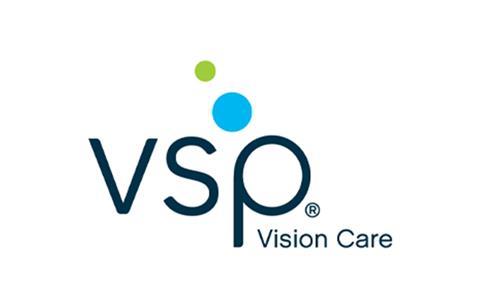
Employers are being reminded of their legal obligations under Health and Safety Executive (HSE) guidelines to employees who use display screen equipment (DSE) as a regular part of their daily work routines.
The reminder comes from eye care specialist, VSP Vision Care UK, the British arm of giant US-based eye health specialist VSP Global, a not-for-profit vision benefits and services company with almost 90 million members worldwide.
The law* says employers must arrange an eye test for users of DSE, such as desktops, laptops, tablets and smartphones, if they ask for one and provide glasses if an employee needs them for DSE work.
According to the HSE, the law applies if users are working at a fixed workstation, are mobile workers, home workers or are hot-desking, in which case employees should carry out a basic risk assessment if they change desks regularly.
Under the law, employers must:
- carry out a DSE workstation assessment
- reduce risks, including making sure employees take breaks from DSE work or do something different for a period of time
- provide an eye test if an employee asks for one
- provide training and information for employees.
Incorrect use of DSE or poorly designed workstations or work environments can lead to pain in necks, shoulders, backs, arms, wrists and hands as well as fatigue and eye strain, and can cause tired eyes, discomfort, temporary short sightedness and headaches.
DSE work is visually demanding, and it can also make users aware of eyesight problems they had not previously noticed – including changes in eyesight that happen with age.
Every year across Europe some 123 million workdays are lost through eye-related absenteeism, according to the European Forum Against Blindness, which makes a compelling case for regular and thorough eye health screening.
Meanwhile, the Vision Council argues that poor vision results in 32 times more lost productivity than absenteeism so, as well as being a legal obligation, it is in the best interests of both employers and employees that regular and comprehensive eye examination takes place.
Around 13.8 million people in the UK are not having their eyes tested periodically while, at the same time, studies have shown that receiving glasses can increase productivity by around 35%.
Jeremy Chadwick, Managing Director, EMEA at VSP Vision Care, says:”We take the everyday use of DSE for granted, and often use it for long periods of time without a break.
“HSE regulations tell us that this is incorrect however, and employers should put in place the relevant safeguards for all employees who use DSE regularly and as a sustained part of their daily work routines.”
Under the law, an employer must provide an eyesight test for a DSE user if they request one, and must also pay for the test. This should be a full eye and eyesight test by an optometrist or doctor, including a vision test and an eye examination.
It is up to the employer how they provide the test. For example, they could let users arrange the tests and reimburse them for the cost later, or they could send all their DSE users to one optician.
Employers must pay for glasses for DSE work if the test shows an employee needs special glasses prescribed for the distance the screen is typically viewed at.
Under its multi-level WellVision Plan, VSP Vision Care UK offers occupational online workstation eye-screening, DSE testing in the workplace and the provision of glasses if tests show they are required, including all repeat testing.
These can be carried out as part of comprehensive eye examination and regular eye health checks, which are increasingly seen as being essential to employee wellbeing programmes.
Corrective actions available under the WellVision Plan include the provision of single vision glasses for DSE use, prescription frames and lenses, prescription driving glasses, sports and safety eyewear and contact lenses.
Jeremy Chadwick added: “Clearly, employers should be doing more to make sure that their employees who use DSE are regularly risk assessed and their eyesight tested on a periodic basis to check for deterioration through overuse. We are happy to provide employers with guidance and advice in this key are of business life and are confident we have in place the appropriate levels of cover and support.”
*Health and Safety (Display Screen Equipment) Regulations 1992






























